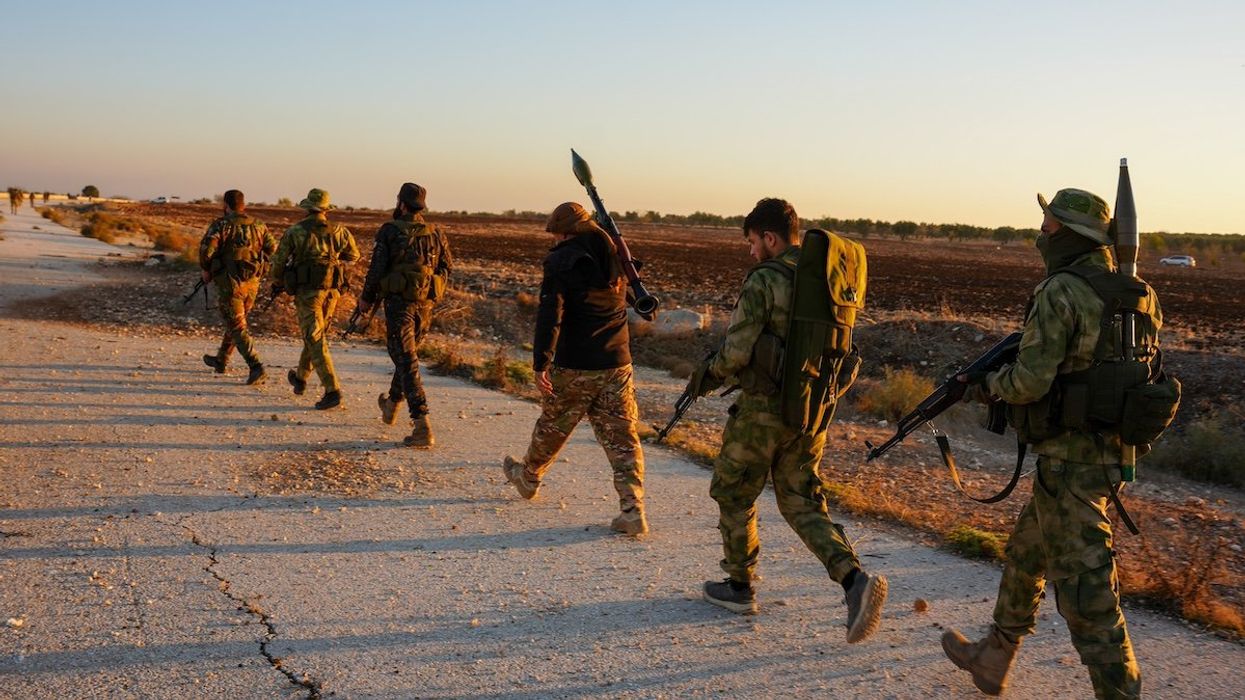GZERO World with Ian Bremmer
Syria after Assad
The Assad family no longer rules Syria. So how did a brutally repressive regime rule with an iron fist for five decades, only to collapse in two weeks? To help make sense of these shocking past few weeks and the potential power vacuum to come is Middle East expert and Beirut-based journalist Kim Ghattas on GZERO World with Ian Bremmer.
Dec 14, 2024



